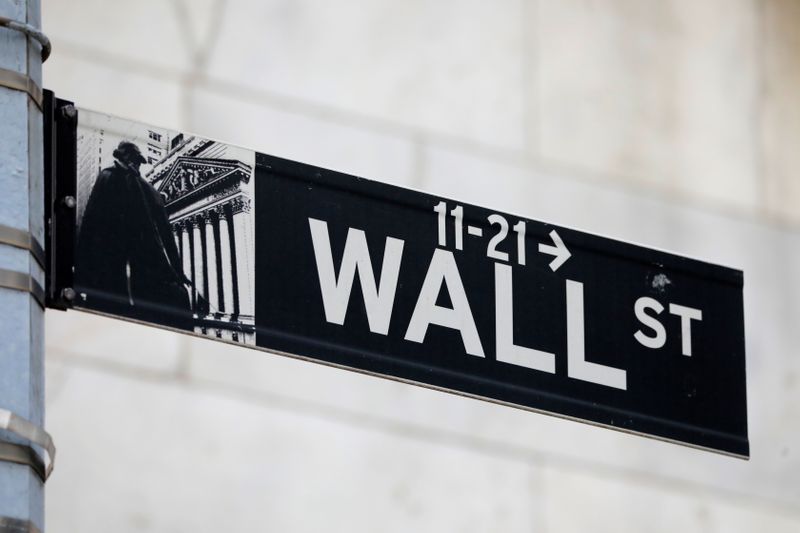Proactive Investors - Michael Burry, famed for his successful bet against the United States housing market in the run-up to the 2008 financial crash, has done it again.
Perhaps better known for being portrayed in the 2015 film ‘The Big Short’ by Christian Bale, Burry has made headlines once more for yet more hugely bearish bets.
Not only was his firm Scion Asset Management holding US$739 million (£580 million) in put options against a fund that tracks the Nasdaq 100 at the end of the second quarter, Burry had chucked a further US$886 million in a bet against one that follows the S&P 500.
Given shares in the pair track the indices that themselves house the largest companies listed in the US, it’s safe to say Burry is not feeling overly optimistic about the US financial markets.
Put bluntly, Burry has geared up to benefit if the respective markets crash.
This is through Scion’s put options, which are contracts granting Burry’s firm the right to sell the underlying assets at a certain price in the future.
These in turn will become more valuable if the funds’ prices decrease, or less valuable if they go the other way.
Given the SPDR S&P 500 and INVESCO QQQ exchange-traded funds (ETFs) track the key indices, Burry’s firm is ultimately betting on the likes of Apple Inc (NASDAQ:AAPL), Microsoft Corporation (NASDAQ:MSFT), Tesla Inc (NASDAQ:TSLA) and other constituents shedding value in the future.
According to filings with the Securities and Exchange Commission, some 90% of the firm’s funds are tied up in these.
Whether it happens is tough to tell, especially given the Nasdaq 100 and S&P 500 are up 38% and 16% respectively so far this year.
So if the indices are enjoying gains, why, you might ask, would anyone bet on these falling in the near future?
Well, the fact is, Burry is not the only one betting on turmoil in the US currently.
Bill Ackman, Pershing Square (NYSE:SQ) Capital Management's chief executive, is anticipating US inflation to stubbornly remain around the 3% mark in the long term.
Through a short position against the iShares 20+ Year Treasury Bond (NASDAQ:TLT) ETF, Ackman has gone against the hordes of investors who have poured US$16.2 billion into the fund this year.
This shows their bullish stance on long-term US bonds, with the value of the fund having climbed from US$27 billion to around US$41 billion.
However, if Ackman is right, their optimism could be overshadowed by rising treasury yields, prompted by Federal Reserve tightening on the back of sustained inflation, pushing the value of debt, reflected through the bonds, down.
“I have been surprised how low US long-term rates have remained in light of structural changes that are likely to lead to higher levels of long-term inflation,” he said early this month.
Kynikos Associates president Jim Chanos, known for his bold stances against often seemingly sturdy stocks, is another Wall Street mogul holding short positions in some key US firms.
Among his list of shorted stocks from the first quarter were tech companies Robinhood Markets Inc (NASDAQ:NASDAQ:HOOD), Uber Technologies Inc (NYSE:UBER), motorcycle manufacturer Harley-Davidson (NYSE:HOG) and construction giant Caterpillar Inc. (NYSE:NYSE:CAT)
In fact, come June US$1 trillion had been put towards bets against companies listed in the US.
So what happens next? Well, that’s the vital question.
Thanks to optimism around emerging technologies such as artificial intelligence (AI), many forecast further rallies heading into the new year.
Taking out a short position is, indeed, just one of a handful of strategies investors indulge in.
“As always, traders should be cautious when placing leveraged positions and should implement appropriate risk management into their strategies,” Capital.com analyst Daniela Hathorn previously warned.
Will the US indices start shedding value? Will long-term US inflation remain stubbornly above 3% or slip to 2%? Will tech stocks actually enjoy a rally in the coming months?
These are all, quite literally, million-dollar questions.
